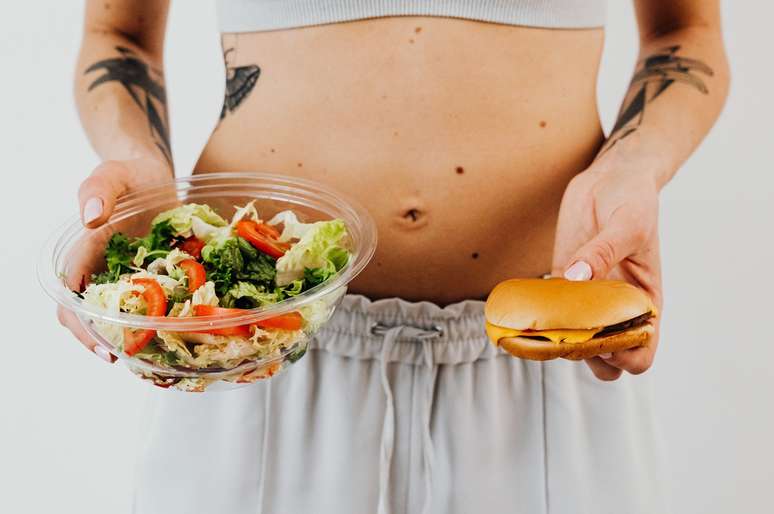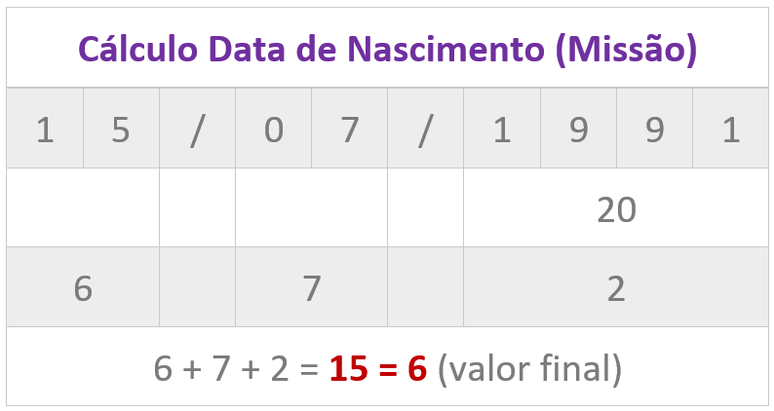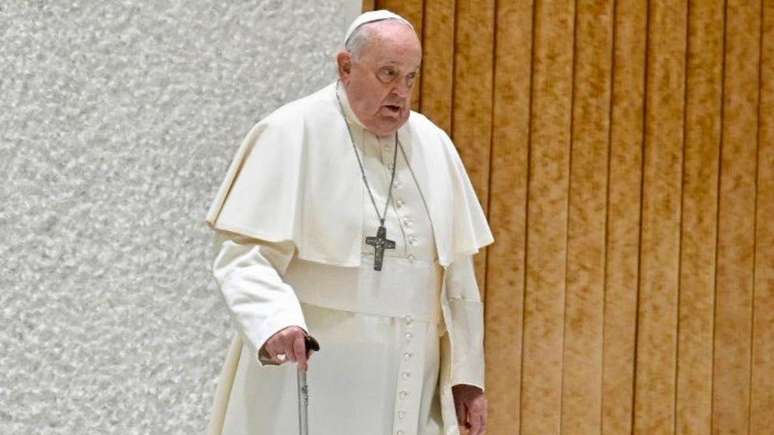Summary
The Tic Kids online survey Brazil 2023 reveals that 24% of children start their online journey up to six years. The growing use of social networks by children raises questions about privacy and security, as explained by a family lawyer Ana Luisa Lopes Moreira.
-
Frequent

Children’s influencer: is it considered child work?
-
Frequent

Pros and cons of the ban on cell phones in schools
-
Frequent

Nose finger and different faces: Musk’s son attracts attention to the Trump cabinet
According to the ICT Kids online survey Brazil 2023, about 24% of interviewees reported having started their online journey in early childhood, that is, up to six years. This represents a significant increase from the 2015 investigation, when this proportion was 11%. Instagram leads as a platform most used by users from 9 to 17, reaching 36% of children and adolescents interviewed. The other popular social networks in the country come right behind, such as YouTube (29%), Tiktok (27%) and Facebook (2%).
Until a few years ago, the exhibition of children in the media was an exceptional situation, in the few magazines, advertising campaigns or programs aimed at this audience. The presenters of children who became celebrities were rare. With the advent of the internet and the structures of technology, reality has currently changed. Children create their content channel, turn and modify their videos and make the posts. Leaving anonymity and gaining fame on the networks has overcome something possible.
The new context requires a look at the image rights of the child. The family lawyer Ana Luisa Lopes Moreira, who is part of Celso Cândido Souza Advogados, explains what the statute for children and adolescents (ECA) guide on the image of the child. “The ECA establishes different provisions on the protection and conservation of the image, privacy and the integrity of children and adolescents. In highlighting, article 17 guarantees the right to respect, which includes the inviolability of physical, psychic and moral integrity, which covers the conservation of the image and identity of minors “.
Remember that the responsibility to accompany children’s channels, aiming for their physical and emotional security, is from the family and society. “In the first place, he observes whether the content is appropriate for age, ensuring that what is shared not to expose the child to vexatious situations or compromise their dignity. Your security and privacy should be observed by adults, avoiding sharing personal information capable of identifying the child or putting it at risk, like their daily routine and frequented places “, underlines the expert.
Another point of discussion is the exhibition of the image of children made on the social networks of the parents. From today it has become the “photographic album” of the family, it is natural for parents to publish photos with their children, but there are cases where posts have the purpose of promoting the image of children and some create a profile for their child to wait for them in children’s influencers.
Ana Luisa Lopes Moreira explains this practice. “In this context, we are facing the” Shanging “situation, an English term that includes shared words and parenting, used to describe the practice of parents who share images of their children on the internet. The managers should consider the privacy and safety of minors, evaluating the risk of exposure and ensure that the privacy of the child is protected. And also as regards the future consent, considering that the child may not agree with, the exhibition made during his childhood.
The familiar lawyer also considers the performance of children’s influencers. “Children’s performance as influencers can be considered a child, depending on the circumstances. The ECA and the consolidation of labor laws (CLT) establish that the juvenile work has been prohibited, except for an apprentice for 14 years. Any activity involving remuneration or economic exploitation must be carefully regulated and supervised to ensure that it does not compromise the development of the child. However, the artistic performance is authorized for children under the age of 16 only with the judicial permit, who do not apply to young youtubers and the digital influencers of Mirin, who often have profiles created on social networks even before their birth, a fact that generates a great debate and a social and legal discussion “.
For the expert it is necessary to observe whether this life of childhood influencer is going well for the child. “With early access to social networks, children and teenagers come into contact with the Internet and their” underworld “. Pay attention to the correct age to access each platform is the first and key to provide their safety on the Internet. The managers, especially when it comes to children who produce content or have access to social networks, should be aware of the emotional well -being of the smallest, monitor the signs of stress, anxiety or anxiety, Discussing that the activity of influencers does not interfere with the education, free time and social development of the child is fundamental, maintaining the balance in the life of the minor.
The complaints about the situation of minors can be made in various ways, according to Ana Luisa. “Complaints must be faced with the content of minors in inappropriate situations. The first must be done on the platform itself, with the aim of excluding the content that goes against the guidelines of the social network in question. The federal Constitution, in its article 227, establishes that it is the duty of the family, society and the state to ensure the child, the teenager and the young man the right to life, health, food, education, free time, professionalization, culture, dignity, respect, freedom and family life and the community. Furthermore, they should be protected by any form of abandonment, discrimination, exploitation, violence, cruelty and oppression. Anyone can report cases of inadequate exposure of children and adolescents. Reclaims to the Protection Council can be made, to the public service or via Dial 100, the national channel for human rights violations.
It inspires the transformation into the world of work, business, society. It is the creation of the compass, content and the connection agency.
Source: Terra
Ben Stock is a lifestyle journalist and author at Gossipify. He writes about topics such as health, wellness, travel, food and home decor. He provides practical advice and inspiration to improve well-being, keeps readers up to date with latest lifestyle news and trends, known for his engaging writing style, in-depth analysis and unique perspectives.









